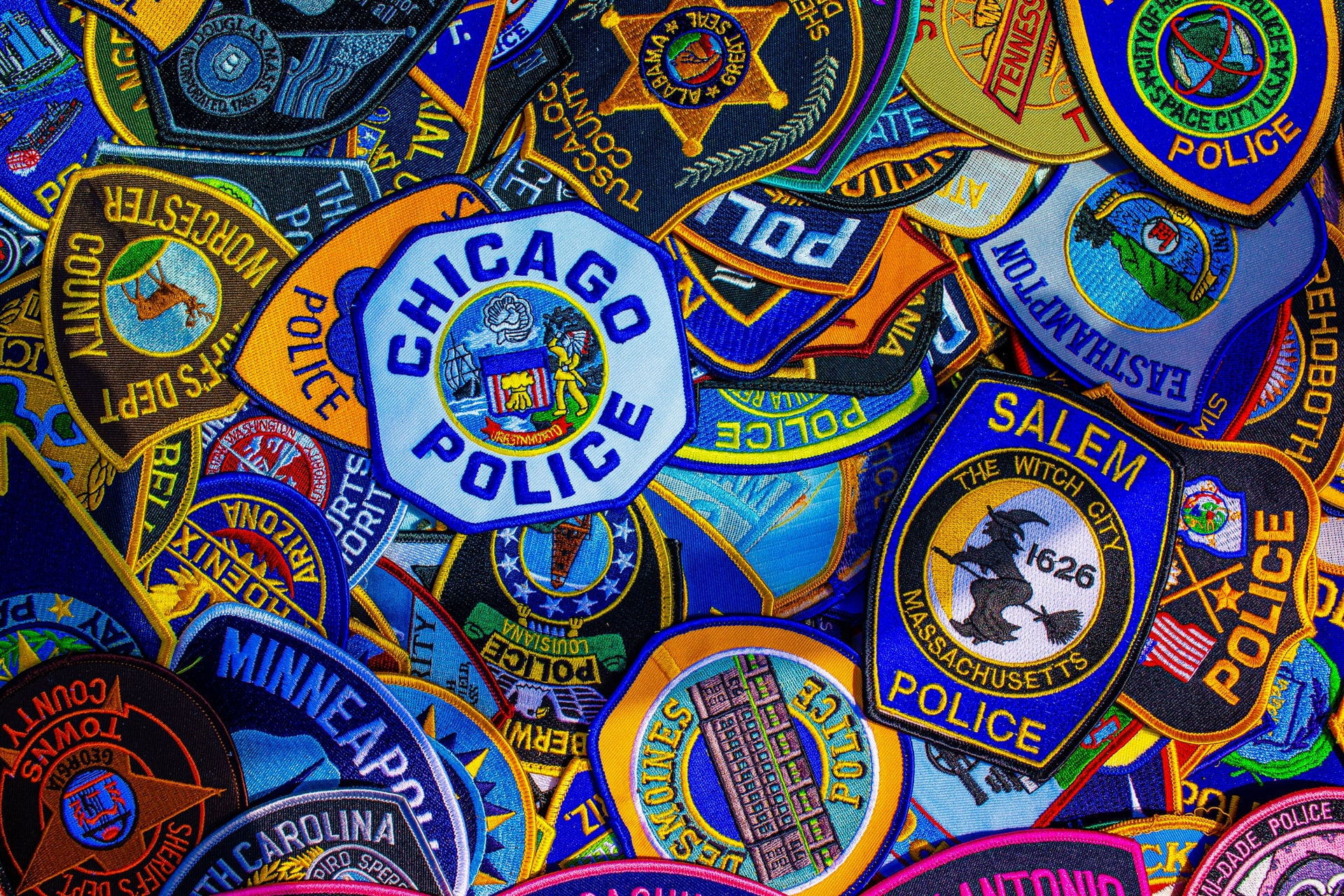Defunding the police not required.

While “Defund the Police,” was an unqualified face-plant, there is still an urgent need to reform the U.S. legal system.
“Defund the Police,” and the subsequent crime spree blamed on the movement, fair or not, reduced public support for experimental criminal justice reform.
While some advocates think this is the time to back off, the contrary is true.
Voters, even progressives, are deeply disappointed by the movement for criminal justice reform which arose so strongly after the murder of George Floyd. They feel let down by its leadership, or lack thereof.
All they need is a reason to believe in criminal justice reform again. Many will happily rally behind anyone willing to breathe new life and a bold new direction into the movement.
A win would be great, also.
Here are three small battles progressives might easily win over the next six months.
End for Profit Prisons
The need to end for-profit prison schemes is so obvious, it feels almost embarrassing to point it out.
As well it should.
For-profit prisons in the U.S., operating under the auspices of a “free” market economy, are a national embarrassment.
The U.S. would like to join other world authorities in putting diplomatic pressure on countries like China to end human rights abuses in forced-labor camps. While the U.S. allows for-profit prisons, its ambassadors lack the moral authority to do so.
For-profit prisons don’t belong in a free market economy. They are not compatible with free market ideals.
Incentivizing authorities to imprison citizens in a free market is absolute madness. What you incentivize, grows. As a result, the U.S. imprisons more of its citizens per capita than any other developed nation on earth.
Either there is something uniquely wrong with America, which isn’t the case, or something has gone amiss with the U.S. legal system. For-profit prisons is one of those things, driven by an immutable force of the universe.
The law of unintended consequences.
End Civil Asset Forfeiture
What is incentivized, grows; and the law of unintended consequences is as inescapable as gravity.
Together, the two are responsible for another major problem with the U.S. justice system that needs fixing yesterday. But between now and the mid-terms will do to make a start.
The story of Civil Asset Forfeiture and the Havoc it Has Wrought is a simple one, quickly told.
Once upon a time, police everywhere drove souped-up white Ford Crown Victorias. This was a good thing. Nothing brings criminal infractions, including moving violations, to a screeching halt faster than a well-marked cop car.
Then, it was decreed that police departments would be allowed to seize the property of people convicted on serious drug and trafficking charges. This seemed like a good thing, too. Why should drug dealers be allowed to keep their ill gotten gains while cops toil away on shoestring budgets of grudging taxpayer largesse?
Except it wasn’t such a great thing after all. True, police departments everywhere got fancy new cars, which are much more difficult for speeders to spot- very clever.
But soon, police departments started to put more and more focus on drug crimes. They started looking less like friendly neighborhood police officers and more like military SWAT team members parachuting into hostile enemy territory.
Solving other crimes didn’t win police departments any lawfully seized Ford Escalades and the backlog of untested DNA rape kits grew years long.
The End.
Ending Civil Asset Forfeiture isn’t a doing; it’s an undoing. It was a misguided but well-meant policy that didn’t work, or worked too well. It can be stopped just like it was started.
Let the IRS be responsible for seizing assets; make the tax rate on dirty money 100%.
Let police officers investigate crimes and arrest criminals.
Traffic Cams and Mailed Tickets
Welcome to 2022! Where it is now possible to all sorts of things virtually, by mail, and over the internet without a single human interaction for the end-user.
This also in: Traffic cams work.
Why wouldn’t they?
There are surveillance satellites floating around right now that can read your tee-shirt from space. They can read the serial numbers on a dollar bill.
Traffic cams are nothing.
In major cities, letting traffic cams and the U.S. postal service do the heavy lifting on moving violations is already the norm. There are simply too many motorists in Washington, D.C. for police to catch all the speeders and red-light running scofflaws.
Traffic cams are the perfect solution. Outsourcing traffic violations to civil court is simple and effective and could take effect sooner rather than later.
Traffic stops are dangerous for cops and motorists. In the movies, the rookie uniformed cop stops someone with a broken taillight on her first night on the job, finds a body in the trunk and nabs a murderer.
In real life, that rookie cop happening upon a cold blooded murderer would likely be his next victim. The person in the car being stopped always has the upper hand; they might do anything. That’s why cops are so very wary approaching vehicles. They want you to keep your hands visible because they know someone could be hiding anything under a seat or in a glove box.
Leaving uniformed traffic cops, usually the least experienced members of the force, to accidentally enforce outstanding warrants, catch drug traffickers and other serious criminals through pure dumb luck is wrong.
It is especially silly when they have no reason to be walking up to a car with a broken tail light, or overly tinted windows, in the first place. Traffic cam photo, mailed ticket; does anyone need to be armed with a gun to enforce traffic laws?
As police departments are stretched so thin on manpower at the moment, now is the perfect time to reduce the burden on police departments to enforce U.S. traffic laws at the point of a gun.
Given advancements in technology, it’s an unnecessary burden on cops, motorists and society at large.
(contributing writer, Brooke Bell)